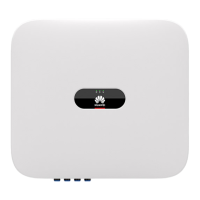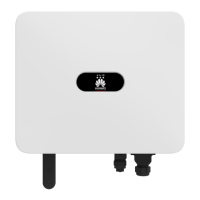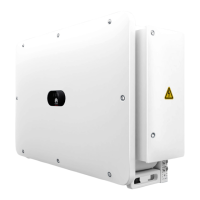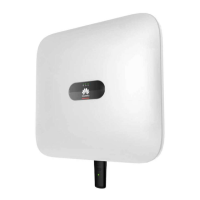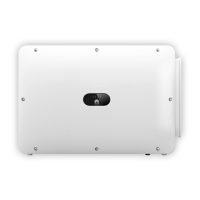Table 8-2 Common alarms and troubleshooting measures
Alarm
ID
Alarm
Name
Alarm
Severity
Possible Cause Suggestion
2001 High
String
Input
Voltage
Major ● Cause ID = 1: PV1 and PV2
● Cause ID = 2: PV3 and PV4
● Cause ID = 3: PV5 and PV6
● Cause ID = 4: PV7 and PV8
● Cause ID = 5: PV9 and PV10
● Cause ID = 6: PV11 and PV12
● Cause ID = 7: PV13 and PV14
● Cause ID = 8: PV15 and PV16
● Cause ID = 9: PV17 and PV18
● Cause ID = 10: PV19 and PV20
The PV array is not properly
congured. Excessive PV modules
are connected in series to a PV
string, and therefore the PV string
open-circuit voltage exceeds the
maximum operating voltage of
the solar inverter.
Reduce the number of PV
modules connected in series
in the PV string until the PV
string open-circuit voltage is
not greater than the
maximum operating voltage
of the solar inverter. After the
PV array
conguration is
corrected, the alarm
disappears.
2003 DC arc
fault
Major Cause ID = 1–20: PV1–PV20
The PV string power cables arc or
are in poor contact.
Check whether the PV string
cables arc or are in poor
contact.
2009 String
Short-
Circuited
to
Ground
Major 1. A short circuit has occurred
between the PV array and the
ground.
2. The ambient air of the PV
array is damp and the
insulation between the PV
array and the ground is poor.
1. Check the output-to-
ground impedance of the
PV array. If a short circuit
or inadequate insulation is
detected, rectify it.
2. If auto recovery from
string-to-ground short-
circuit protection is
disabled, check and rectify
the preceding faults, and
manually clear the alarm.
3. If auto recovery from
string-to-ground short-
circuit protection is
enabled, the alarm will be
automatically cleared after
fault recovery.
SUN2000-(100KTL, 110KTL, 115KTL)-M2
User Manual 8 Maintenance
Issue 07 (2023-04-30) Copyright © Huawei Technologies Co., Ltd. 107

